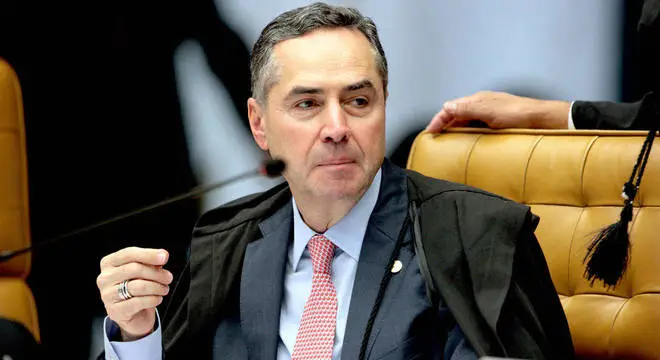On September 28, 2023, Roberto Barroso, 65, became the new President of Brazil’s Supreme Federal Court (STF).
Edson Fachin, also 65, serves as Vice President. Former President Dilma Rousseff nominated both men.
Barroso replaces Rosa Weber. She led both the STF and the National Council of Justice (CNJ). Weber retires on October 2, 2023, her 75th birthday.
Born in Vassouras, Rio de Janeiro, Barroso has ten years of STF experience. He holds a Ph.D. in public law.
Additionally, he’s a professor at the State University of Rio de Janeiro. Over the years, he influenced many high-profile cases.

These include healthcare wages, indigenous land rights, and pandemic measures.
In May 2020, Barroso presided over the Superior Electoral Court. During this time, he oversaw municipal elections amid COVID-19.
Notably, he clashed with then-President Jair Bolsonaro on printed vote issues.
Comparatively, Barroso is more open than his predecessor, Weber. She was discreet but focused.
Recently, Barroso signaled interest in political and social matters. These include abortion decriminalization and drug possession laws.
Barroso’s appointment comes at a complex time for Brazil. His open style may help navigate these challenges.
Notably, his past work shows a willingness to address controversial topics. However, conflicts with legislative bodies could pose obstacles.
The upcoming months are crucial for defining Barroso’s leadership. His actions will likely affect Brazil’s judicial landscape.
Therefore, monitoring his tenure offers insights into Brazil’s legal and social future.
Background Roberto Barroso
Barroso’s term starts amid intense national debates. Hot topics include drug decriminalization and healthcare reform.
Given his history, Barroso might take strong stances on these. Also, his leadership style contrasts with Weber’s reserved approach.
This could bring fresh dynamics to the STF. His open manner may encourage public discourse.
Yet, Barroso must tread carefully to maintain institutional balance. His presidency could signify a transformative period for Brazil’s highest court.

